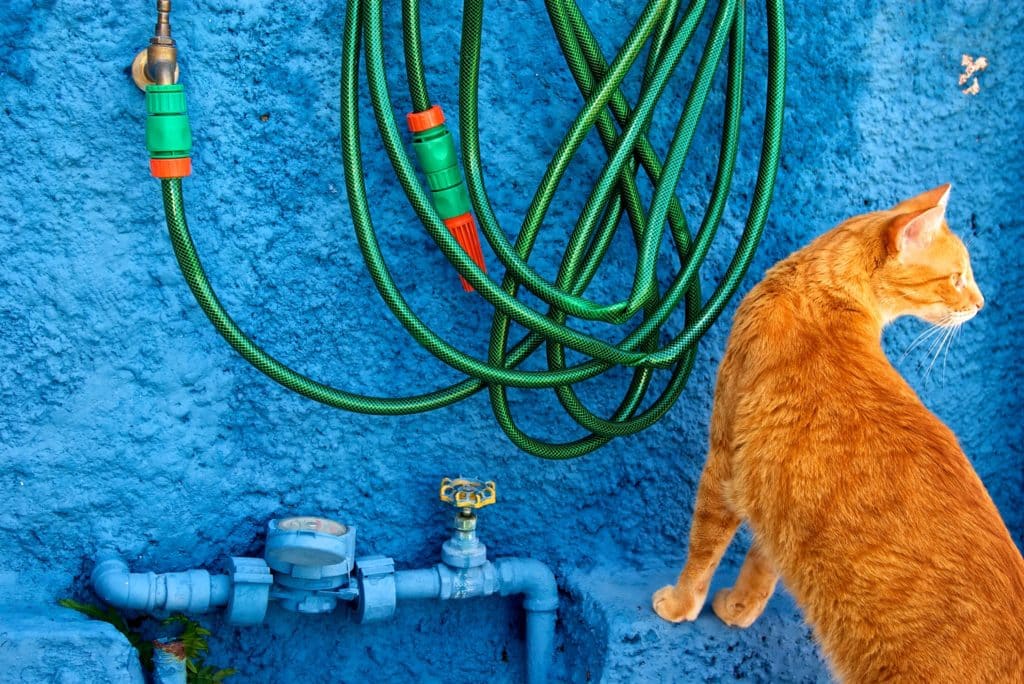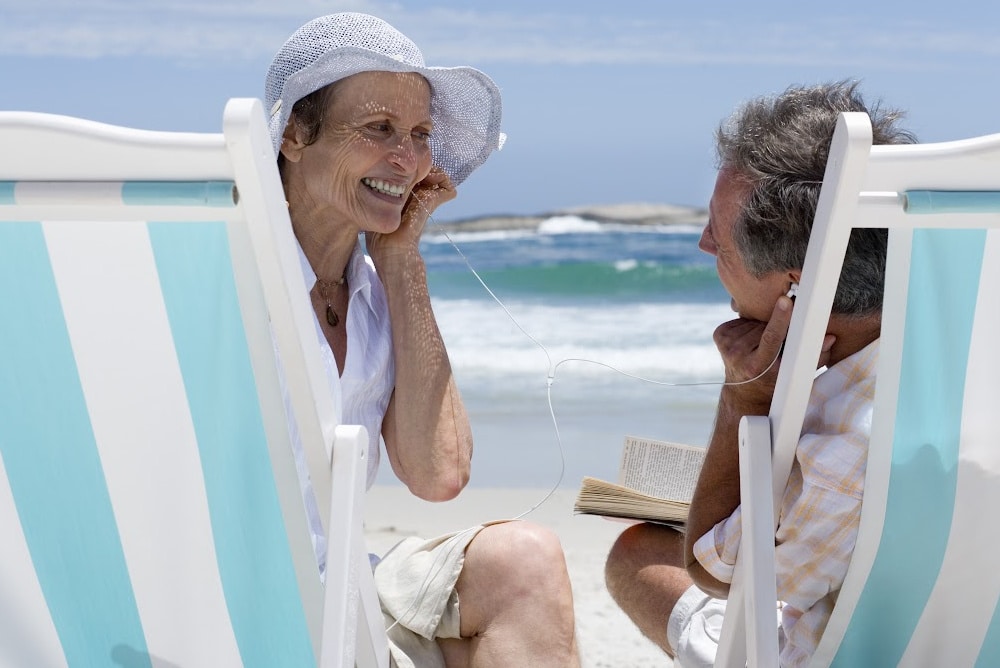You might not spend a great deal of time thinking about it, but water damage is nonetheless one of the most common kinds of damage that a home can have. Not only that, but when it does happen, it often has a way of really causing a considerable amount of damage, and that can usually be expensive and time-consuming to repair and fix up. It is therefore much better to avoid water damage as much as you can, and the truth is that this might be easier to do than you might think.
In this post, we will look at some of the ways in which you might be able to avoid water damage in your home. If you can do all of the following, your home should be considerably safer from water damage, now and far into the future.
Test Your Stop Tap
The stop tap or water shut-off valve is one of the most important features of the home when it comes to avoiding water damage, and it’s something that you need to know about as much as possible for that reason. If you have never even seen it, your first task here will be to locate it. Normally it is under the kitchen sink, but it might also be in a variety of other places, so you might have to go hunting for it. Nonetheless, by definition it should be somewhere you can reach pretty easily.
Once you have found it, it’s a good idea to give it a good test. Turn it on and off a few times, then when it is turned off, check to see whether the water flows from the taps. Technically speaking, the water should stop with the stopcock turned off. If it is not working, you will need to call Z Plumberz to have it repaired.
Fit A Leak Detector
Because a leak is one of the quickest ways your home might get damaged from water, it’s important to make sure that you fit a leak detector in your home if you don’t have one already. These will be able to automatically turn the water off if there is a leak detected, and as such, it can save your home if you happen to be away when the leak occurs. You can also use a water meter, if you have one installed, to check for leaks. In truth, having both options installed is the safest approach to take all around.
Check Your Pipes
On a regular basis, you should also ideally be checking your pipes for any potential leaks. If there are any, then a swift response is going to make all the difference, so it’s something that is really worth being on top of as much as you can. To check your pipes, you just need to locate them and see whether there is any dripping coming from them. You might also be able to identify wet patches underneath the pipes. If so, that means you’ve got a leak, and it’s time to call the plumbers out again to have a look. It is best not to leave it unfixed, because one day it might become a lot worse and you could end up with a significant problem in your home, with the potential of causing a lot of damage.
Stop Pipes From Freezing
Frozen pipes can be more of a problem than you might assume, for the simple fact that they are liable to burst open, causing flooding and water damage throughout the home. The best response is preventative: do all you can to stop the pipes from freezing in the first place. So how do you do that? Essentially, it’s about ensuring that you keep some heat flowing through them at all times in the colder months, so that they don’t get cold enough to freeze. You can do that quite easily by putting your heating on low, even when you are not there. Many modern boilers even have a specific setting for this.
If your pipes do end up freezing anyway, you need to take great care in how you deal with the situation. Specifically, you should turn the water off at the mains (see above) and then make sure that any water that continues to come out is held – perhaps in the bath and sinks. That way, you have a reserve supply of water to use while you wait for help. Now you just need to call a professional to come and look and give you a helping hand as soon as possible.





